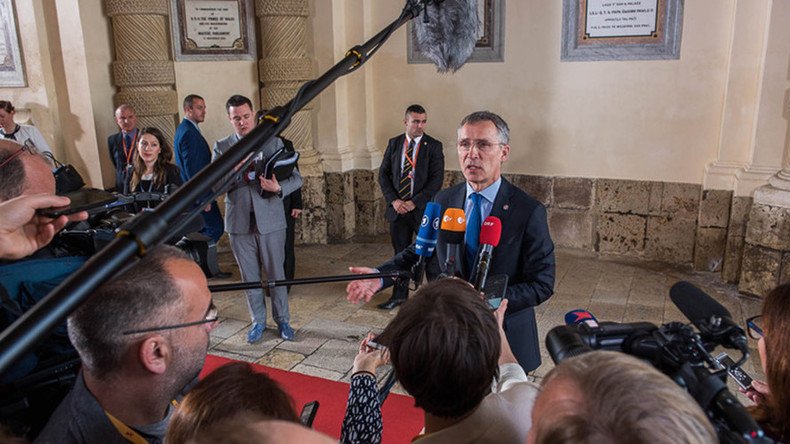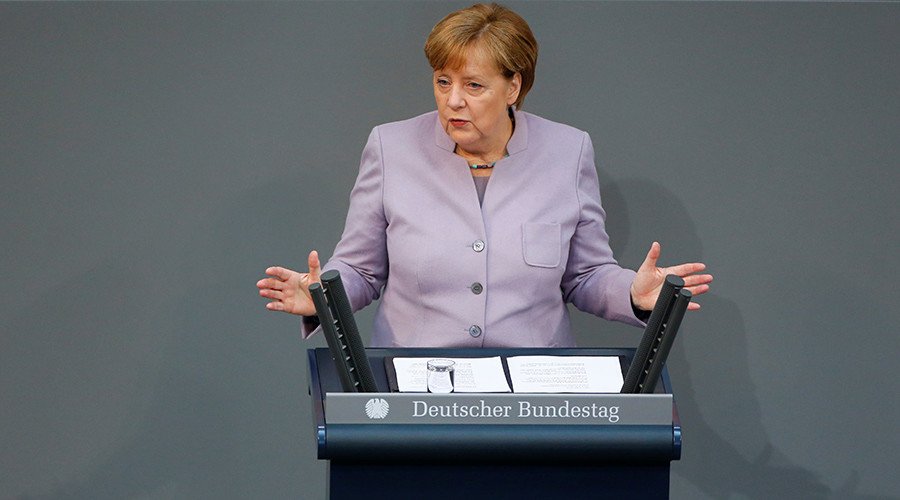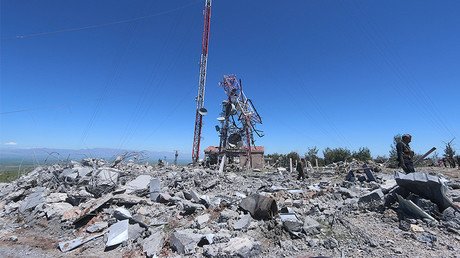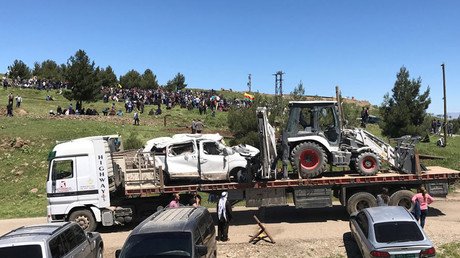‘Turkey must respect rule of law,’ says NATO chief as Ankara launches new crackdown

The NATO Secretary General, Jens Stoltenberg, has expressed alarm at the actions of “key ally” Turkey, after Ankara announced a new series of arrests and suspensions in connection with last year’s abortive coup.
“Turkey has the right to protect itself and also to prosecute those who were behind the failed coup attempt. But that has to take place based on the rule of law, full respect to the rule of law,” Stoltenberg told the media ahead of an EU defense ministers’ meeting in Valetta, Malta.
“This is an issue we have discussed with the Turkish leadership.”
On Wednesday, Turkey arrested more than 1,100 new suspects accused of links with exiled cleric Fethullah Gulen (currently in the US), who the government says was behind last July’s power grab, according to official state media.
Over 3,000 arrest warrants have been also reportedly issued while in excess of 9,000 police officers were suspended from their posts in the latest leg of Erdogan’s crackdown.
According to government sources, 110,000 people have been arrested over the past ten months. Around 50,000 of them, predominantly civil servants, judges, military staff, teachers and journalists have been charged with terrorist activities and incitement of violence.
Ankara remains a decisive and increasingly volatile player in the Syrian conflict while its tensions with the West, and the EU in particular, have been growing over the past months.
Despite his criticism, Stoltenberg emphasized Ankara’s key role in NATO.
“Turkey is a key ally for many reasons, but especially for its strategic geographic location: bordering Iraq, Syria and all the violence, the turmoil we see to the south, but also close to Russia in the Black sea. And Turkey has suffered many terrorist attacks; no other ally has suffered so many terrorist attacks,” said the former Norwegian Prime Minister, who assumed his current post three years ago.
While many of the terrorist attacks on urban centers have come from Kurdish separatists, the government’s own handling of the minority issue has come under repeated criticism since fighting between Kurds and the government intensified in 2015 following several years of an uneasy peace.
Earlier this week, Turkish air strikes hit Kurdish-held areas in Syria and Turkey, with Ankara claiming to have targeted positions of the Kurdistan Workers' Party (PKK) which it considers a terrorist group.
However, Kurdish militias from the YPG movement said they were bombed and that fighters and civilians were among the casualties. Ankara’s action prompted “deep concern” from the United States. Washington is funding and training YPG to help battle Islamic State [IS, formerly ISIS/ISIL] and other jihadist groups in the region.
While Turkey is still nominally in the process of negotiating entry to the European Union, another strategic partner, relations here have also been strained. Ankara-EU unease has been fueled over the issue of visa-free travel to the continent for Turks and denying Turkish politicians a platform to stage campaign rallies for the recent referendum on constitutional reforms aimed rallying compatriots in Europe.
“The developments over the past weeks have severely hit German-Turkish ties as well as European-Turkish relations,” said German Chancellor Angela Merkel in a speech to parliament on Thursday, saying that the arrest of Turkish-German journalist Deniz Yucel was “incompatible with a constitutional state.”

Yucel, who covered stories of the Kurdish minority, and investigated members of the ruling elite, was arrested in February over “links to terrorism.”
Merkel has also endorsed an OSCE report which claims that the referendum to expand the country’s presidential powers, which narrowly passed earlier this month, may have been achieved with the help of up to 2.5 million manipulated votes.
"The Turkish government must measure itself based on this report and answer the questions raised in it. We will very carefully follow how Turkey deals with reports of possible irregularities," said Merkel.














